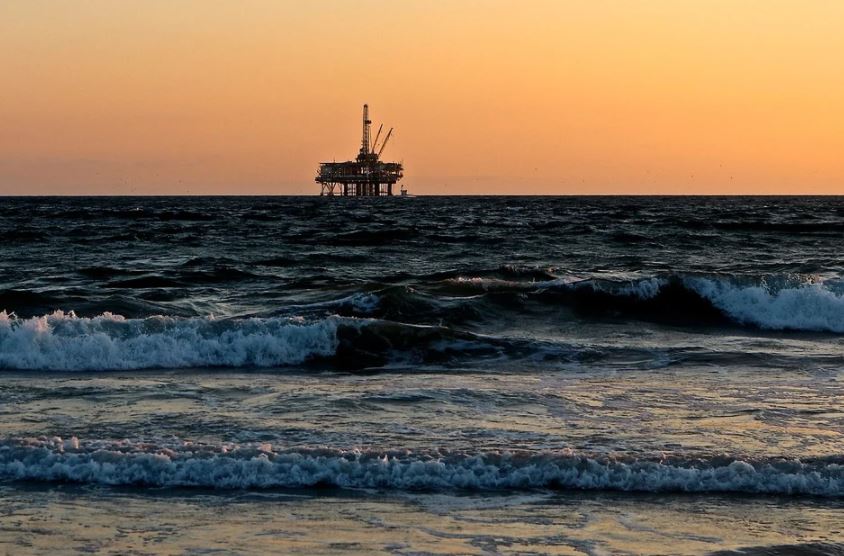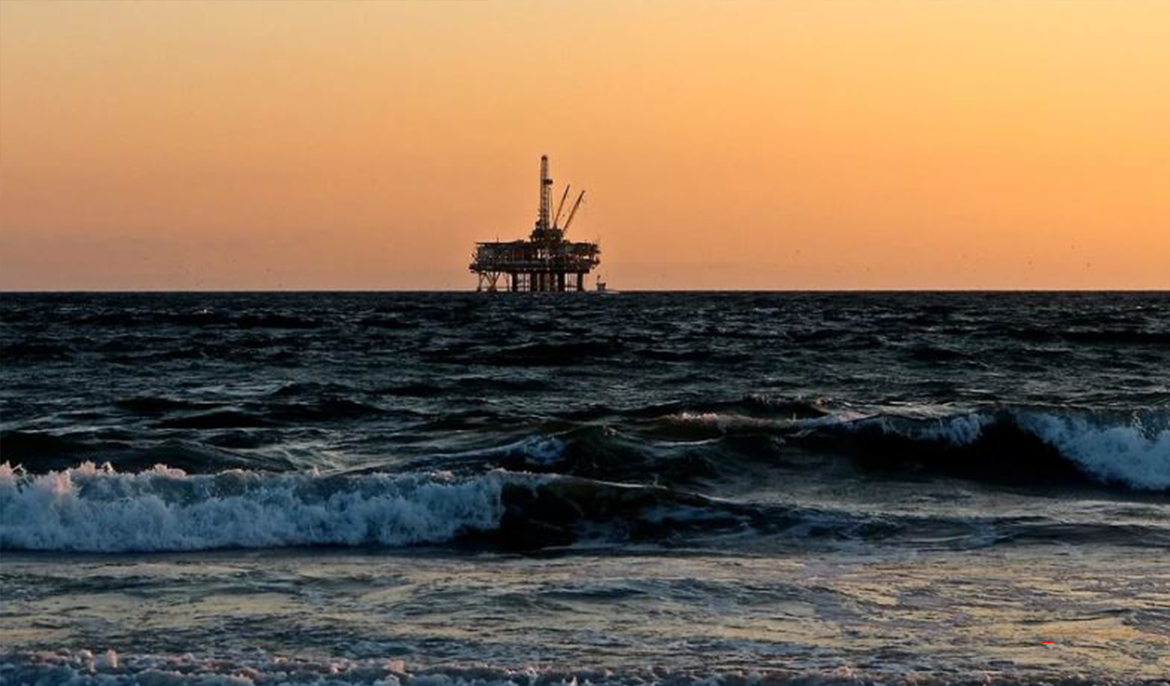The launch of the India-Middle East-Europe
Economic Corridor (IMEC), an initiative that aims to bolster economic development between Asia, the Persian Gulf and Europe, has the potential to provide opportunities to Cyprus, according to Andreas Poullikkas, Chairman of the Cyprus Energy Regulatory Authority (CERA).
The plan was unveiled during the G20 summit in New Delhi last September. It was presented by leaders from Saudi Arabia, the European Union, India, the United Arab Emirates (UAE), France, Germany, Italy, and the United States.
As explained at the time, the initiative, marked by a memorandum signed by the eight nations, aims to further economic connectivity on a global scale.
In a piece of analysis released on Monday, the Cyprus Energy Regulatory Authority (CERA) chairman emphasised that the eight signatories of the IMEC economic corridor represent 40 per cent of the world’s population and over 50 per cent of the global economy.
“The IMEC economic corridor offers a wealth of potential economic benefits both regionally and internationally, particularly by reducing costs and increasing the speed of product shipment,” Poullikkas explained.
The IMEC economic corridor, spanning approximately 4800 km, is set to integrate rail networks with maritime transport and other means.
It will be divided into two parts, the Eastern Corridor, connecting the Arabian Gulf with India, and the Northern Corridor, linking the Arabian Gulf with Europe.
Notable ports such as Fujairah, Jebel Ali, and Abu Dhabi in the UAE, Haifa Port in Israel, Mundra and Kandla in India, along with ports in Greece (Piraeus), France (Marseille), and Italy (Messina) will be interconnected.
He noted that to address increased energy needs in the IMEC corridor, Cyprus could focus on the “development of renewable energy projects”.
Poullikkas also suggested exploring possibilities for the “export of energy to IMEC neighbouring countries,” including natural gas, electricity, or hydrogen.
In addition, he stated that investments in energy research, innovation, and infrastructure, particularly in transmission and distribution networks, are crucial.
According to the CERA chairman, “partnerships are key in navigating the evolving energy landscape,” highlighting the importance of collaboration with other countries in the IMEC economic corridor.
Additionally, he noted that “continuous monitoring of developments in the energy sector at a global level” is essential for informed decision-making.
However, uncertainties surround the project’s timeline and financing. Poullikkas expressed concerns, saying that “there is still uncertainty about the timetable, and participants failed to convene a mandatory meeting after 60 days to implement the IMEC economic corridor action plan”.
Estimates suggest the project could cost up to €7.4 billion, requiring substantial financial commitment.
Geopolitical challenges could also pose potential obstacles, with Poullikkas noting that “the biggest challenge for Europe will be to ensure that the technology, money, and other infrastructure created under the auspices of the IMEC economic corridor are not used to promote or benefit the influence of Russia”.
The CERA chairman also said that the ongoing war in Gaza is identified as a significant impediment, expected to cause delays and hinder diplomatic relations between Israel and Saudi Arabia.
Poullikkas said that the IMEC’s goals are to enhance transport efficiency, reduce greenhouse gas emissions, and create job opportunities.
He added that the project has the potential to significantly reduce the cost of transporting products between 30 to 40 per cent, making trade between India and Europe 40 per cent faster.
Finally, he explained that the project includes electrical interconnections, clean hydrogen pipelines, and high-speed data cables to promote green energy trade and digital connectivity along the corridor. Credit: Cyprus Mail



